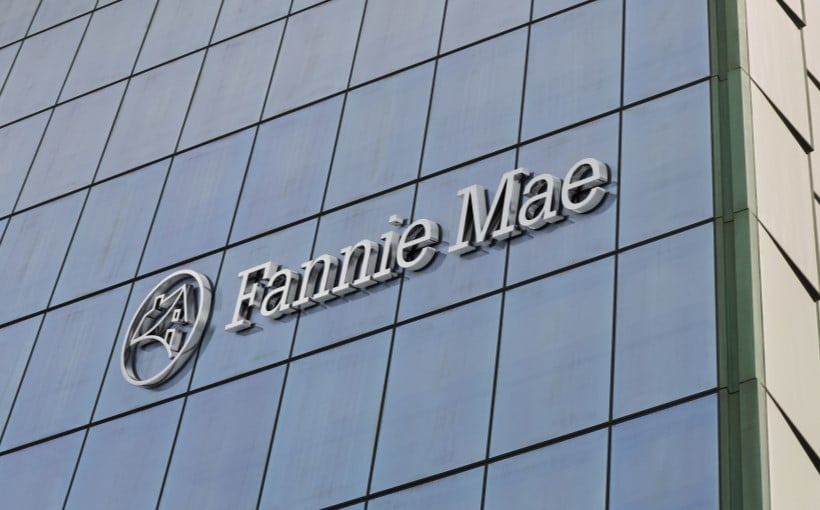The recent surge in long-term interest rates is expected to have a negative impact on future economic growth, according to the Fannie Mae Economic and Strategic Research (ESR) Group. Despite an upward revision of its 2023 real GDP projection by three-tenths to 2.5% on a Q4/Q4 basis, the ESR Group anticipates significant slowing in economic growth through the end of this year and into 2024.
Fannie Mae Chief Economist Doug Duncan stated that while personal consumption has remained resilient, recent data revisions show that consumers are actually in a better position than previously thought. This increases the likelihood of an economic “soft landing.” However, with interest rates rising rapidly – even if not as severe as past shocks – there is still potential for economic disruptions. As such, it is predicted that there will be a mild downturn in the first half of 2024.
Duncan also noted that although inflation has slowed down recently and continues to do so, it is still expected for Federal Reserve rates to remain high until annual inflation stabilizes at their two-percent target. However, due partly to the recent increase in long-term rates, no additional rate hikes from Fed are currently anticipated.
This post discusses Fannie Mae’s forecast for how increasing interest rates may negatively affect our economy without mentioning any specific organizations or locations.




